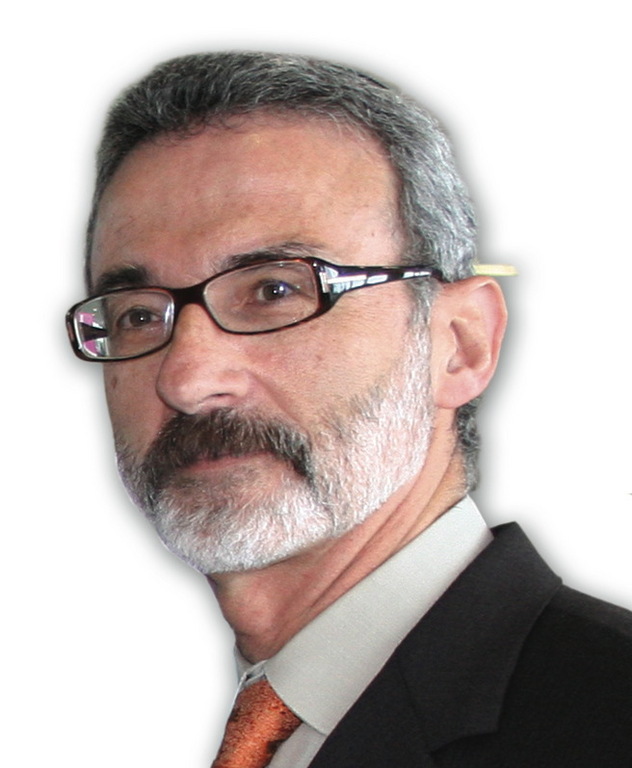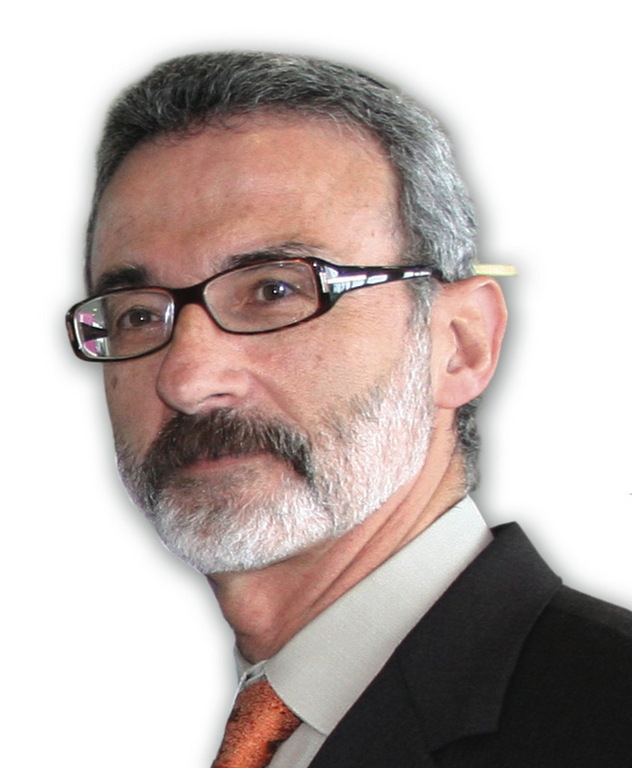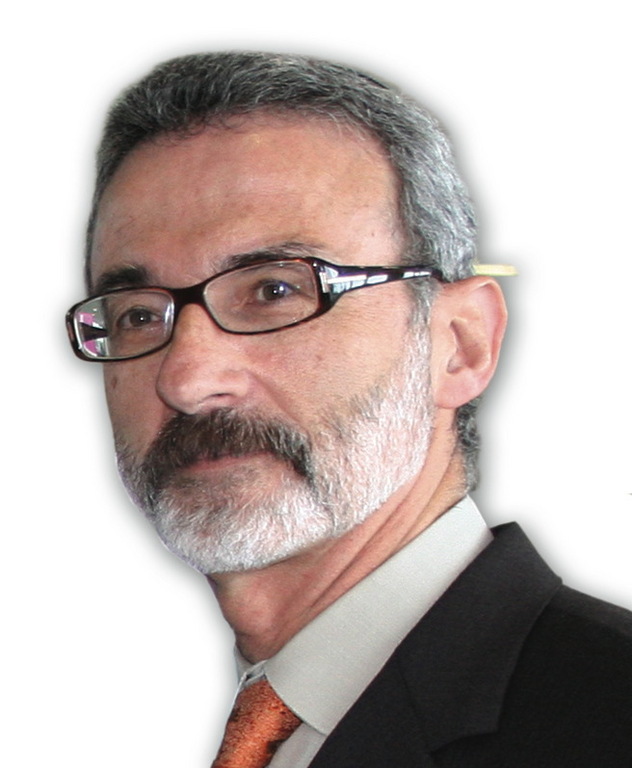Opinion: Reporting sexual abuse
Issue of March 27, 2009 / 2 Nissan 5769
There is legislation under consideration specifically to extend the statute of limitations on reporting sexual abuse until the victim survivor is 28 years old. My colleagues and I at OHEL agree with and support this legislation.
This is consistent with a long held belief that many victims do not disclose initially, or for many years. Reasons include fear of the offender, shame on a personal level as well as how others will react to them, stigma associated with being victimized, and for many, the strong belief that it will affect their chances of finding a mate in marriage (shidduchim). This is not only true in the Jewish (Orthodox) community, but it is popular belief in other cultures as well.
In fact, we posit that the statute of limitations can extend even further, beyond age 28. This can act as an important deterrent and safety net to report and prosecute, as well as prevent future occurrence of sexual abuse.
That most perpetrators are not jailed is not a Jewish problem. As I have previously written, former Westchester, New York District attorney, Jeanine Pirro, was noted for her aggressive pursuit of pedophiles. In six years of sting operations, from 1995 to 2005, she succeeded in having 111 men arrested with a 100 percent conviction rate. The overwhelming majority received probation, with only eight perpetrators sentenced to jail.
This issue, as can be expected, is highly charged and emotional. Every child is a universe, and the protection of every child must always be our absolute priority.
In the tragic case of abuse, victim survivors of sexual abuse traverse a painful and arduous path often seeking an acknowledgment of wrongdoing from the perpetrator. OHEL encourages legislation and actions that could lend support and credence to victim survivors.
Perpetrators can at times present a complex combination of personality disorder, depression, sociopathic or psychopathic behavior. Evaluation and testing is expensive, and treatment is generally long-term, lasting two to five years. Clinical professionals require advance training, just as medical specialists do to work with victims of sexual abuse and even more so with perpetrators.
At the same time, it is instructive to understand that perpetrators act differently over a period of time. No two people are the same. Therefore, not all perpetrators require the same approach. This may range from a person who acted inappropriately with a child one time in a youthful indiscretion, to the other extreme; a person who continues to prey and hurt one child many times, or many children over a number of years.
In one case, a person may have acknowledged his wrongful act, submit to a comprehensive evaluation, undergo long term treatment and conform to a safety plan. He may be on the way to being considered rehabilitated, though as with all addictions, he requires stringent self-monitoring not to relapse. He may not need to undergo the same level of scrutiny. By contrast, other perpetrators who do not acknowledge, who deny their illness, and have a predisposition to hurting children require a radically different approach to prevent them from committing more crimes.
We must also be vigilant of those who may not fall into the strict definition of a pedophile, yet they may constitute a potential harm to children. This may include adolescents or adults who actively view child pornography, who have a desire to spend an unhealthy amount of time with children speaking and behaving inappropriately in suggestive ways and others who display excessively poor judgment in related issues. Though some of these actions may not have violated any laws, these situations should also be revealed and “watched.”
Legislation can be an important tool to strengthen the protection of children and community. But it would be a mistake to lump all perpetrators into one broad category
Our emphasis should also continue in other forms of prevention and response, most especially parents teaching children the perils of “friendly danger,” not only stranger danger. This point cannot be exaggerated. We must support and strengthen victims, not stigmatize them. We must continue our vigilance by yeshiva and school personnel, and a broad-based community education effort by Rabbonim, community leaders, and mental health professionals amongst others.
Our community’s understanding of sexual abuse and its response has improved dramatically in the last few years. At the same time, there remains so much more to be done.
David Mandel is Chief Executive Officer of OHEL Children’s Home & Family Services. He lives in Lawrence. For Our Children is a 10-minute video produced by OHEL on prevention and response to sexual abuse that may be used for community education by schools and rabbonim. For information, contact DM [at]OhelFamily.org.
Related:

 47.0°,
Mostly Cloudy
47.0°,
Mostly Cloudy 









